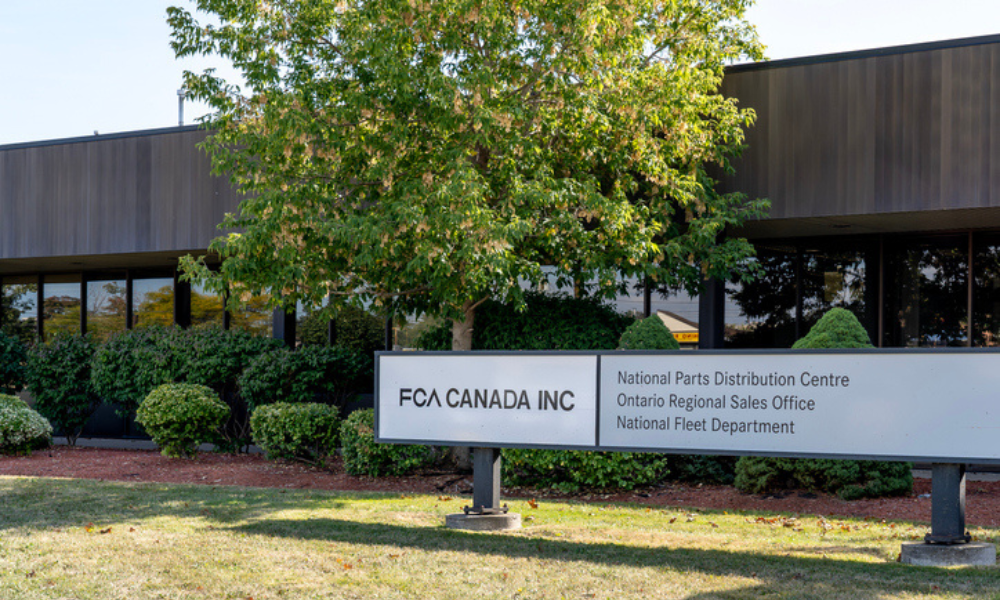
The recalls involved Jeep, Dodge, and Chrysler models

The Saskatchewan Court of Appeal has upheld the lower court’s refusal to certify a class action against FCA Canada Inc. over multiple vehicle recalls.
Corrine Kane's proposed class action aimed to represent approximately 900,000 vehicle owners affected by 23 safety recalls and one customer satisfaction notice involving Jeep, Dodge, and Chrysler models.
Kane, who owned a 2007 Jeep Liberty, claimed the recall repairs were insufficient and caused her financial losses. She sought certification of a class action that included other vehicle owners dissatisfied with the repairs. However, the chambers judge denied certification, ruling that the claims lacked common issues necessary to justify proceeding as a class action. The judge found that the vehicle models and defects involved were too varied to be treated collectively, noting that the recall notices covered different defects across numerous vehicle models and years.
On appeal, Kane challenged the decision, arguing that the recalls provided a sufficient common thread for certification. However, the Court of Appeal agreed with the chambers judge. The court confirmed that the class action lacked the necessary commonality since the claims involved different defects and circumstances, making it impossible to resolve the issues collectively. Additionally, the court found that Kane’s personal claims did not align with those of other proposed class members, disqualifying her as a representative plaintiff.
The court also addressed Kane’s claims of pure economic loss, such as diminished vehicle value and repair costs. It upheld the lower court’s decision that these losses were not recoverable without personal injury or property damage. Citing established legal principles, the court ruled that Kane’s claims did not meet the criteria for a negligence claim involving pure economic loss.
The appeal court rejected Kane’s argument that the chambers judge should have restructured her claim to meet the certification requirements. The court stated that it was Kane’s responsibility to present a certifiable case, not the judge’s role to reconstruct it.
Ultimately, the appeal court upheld the lower court’s decision, concluding that the class action could not proceed. The ruling does, however, allow the possibility for a new class action if Kane or others submit a more narrowly defined claim.